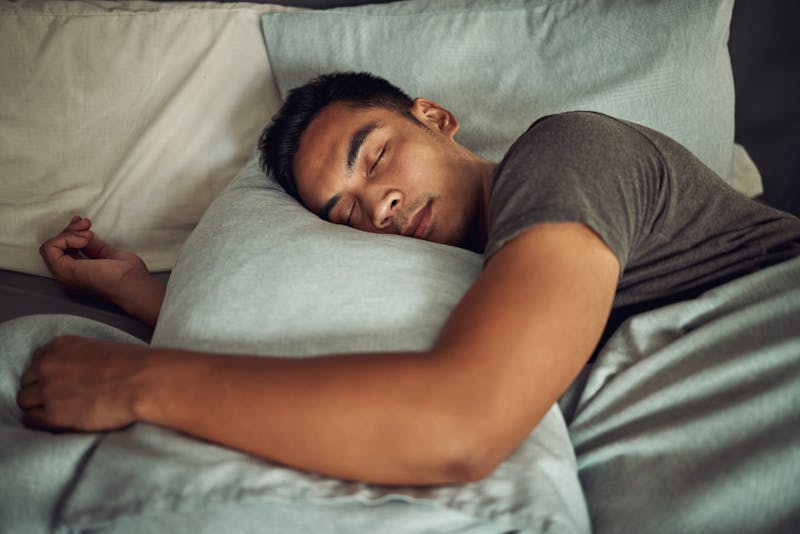
Good health requires quality sleep. People believe going to bed early or buying comfortable pillows, and a quality mattress will help them sleep well; this is helpful, but sometimes more is needed when sleep problems occur due to temporomandibular joint disorder (TMJ) symptoms.
What is TMJ?
Temporomandibular joints connect the jaw and skull, helping you to speak, yawn, chew, and swallow food. When the jaw malfunctions, it is called a temporomandibular joint disorder and can easily affect the jaw's daily functions and sleep quality.
What Are the Symptoms of TMJ?
The symptoms of TMJ disorder are characterized by the following:
- The jaw joint may be sore, achy, and painful
- Pain and discomfort in the ears, neck, and shoulders
- Headaches
- Discomfort and pain elsewhere in the body
- When you open your mouth to eat, you hear a popping and clicking sound from your jaw, which may or may not be painful
- Face pain, particularly around the jaw
- Joint shifting caused by poor bite alignment
- Swelling and pain near the jaw area on the side of the face
How Can TMJ Affect Sleep?
Sleep can be difficult when you have jaw pain and are stressed at work. The more pain you have, the worse your rest will be. There is no easy way to treat pain caused by TMJ; over-the-counter pain relievers may dull your aches but not fix the problem.
In addition, stress during the daytime often triggers this condition, referred to as daytime bruxism. Bruxism causes excessive pressure on the teeth, jaw, and joints due to the muscles around the jaws, increasing the risk of dental and joint damage. Also, teeth grinding can make it difficult for a partner to fall asleep.
Dr. Julio Sixto and TMJ
If TMJ is preventing you from having consistently restful sleep, proper treatment will be the solution. At Admira Dentistry, Dr. Julio Sixto is highly experienced in treating patients dealing with TMJ. Using modern techniques and equipment, he can alleviate the painful symptoms and complications being caused by TMJ. Dr. Sixto will work diligently to ensure that your TMJ no longer causes you sleepless nights.


